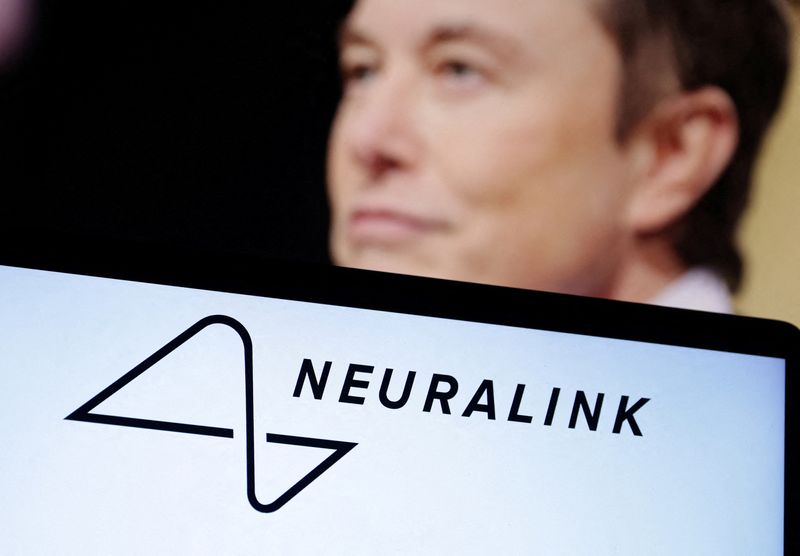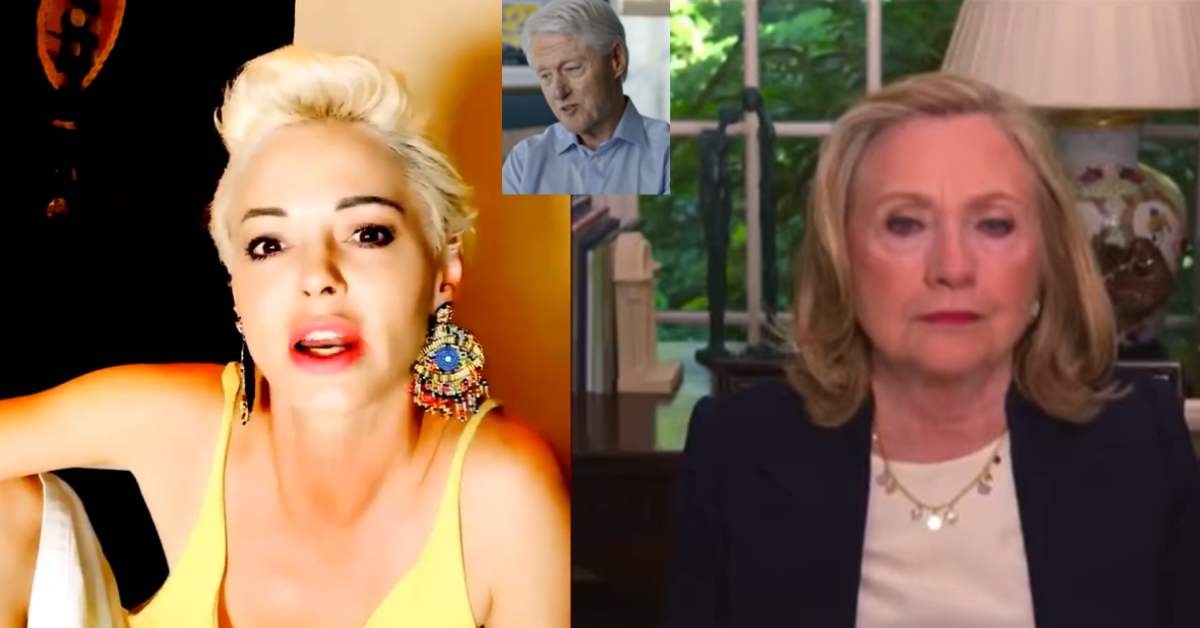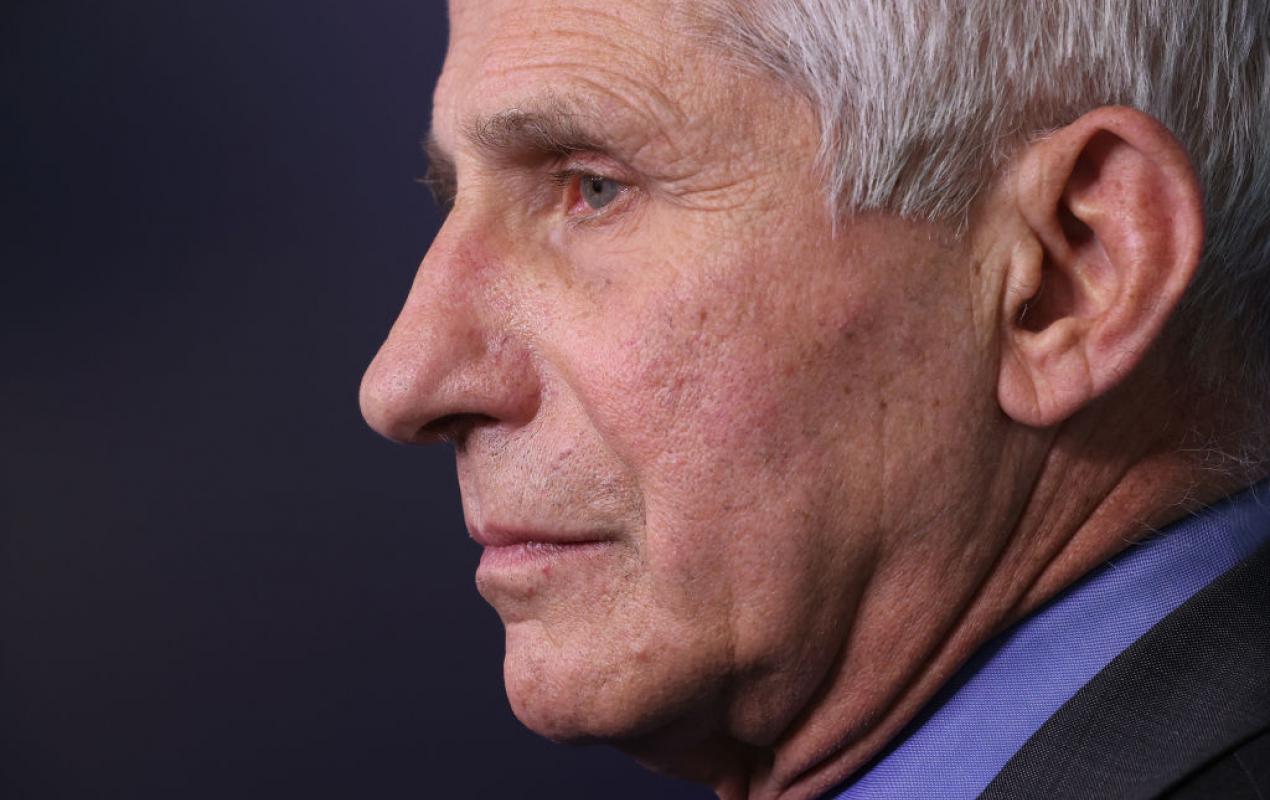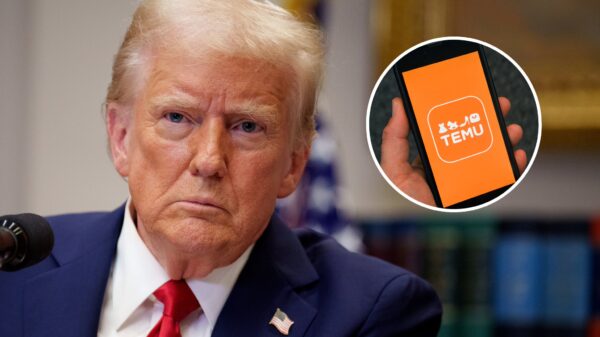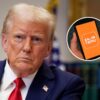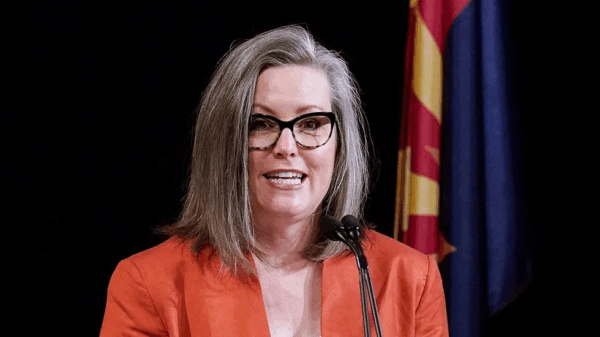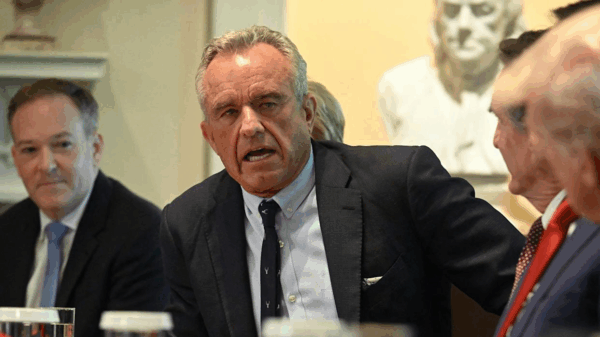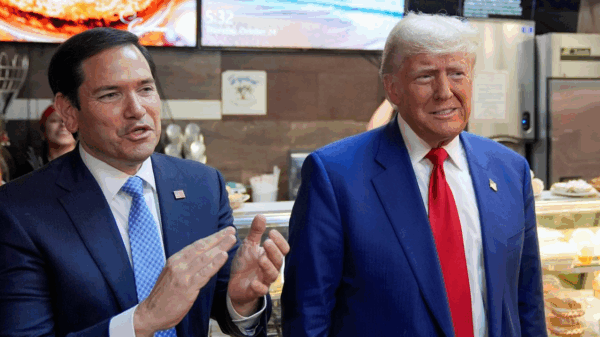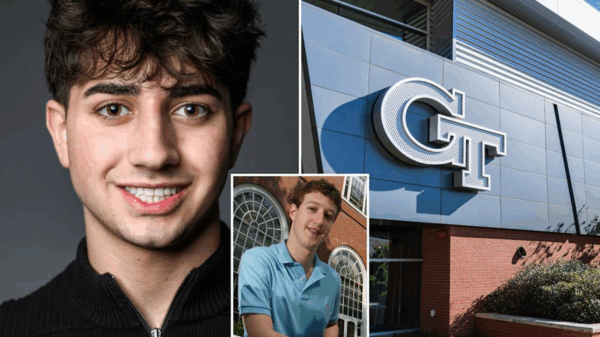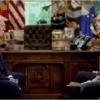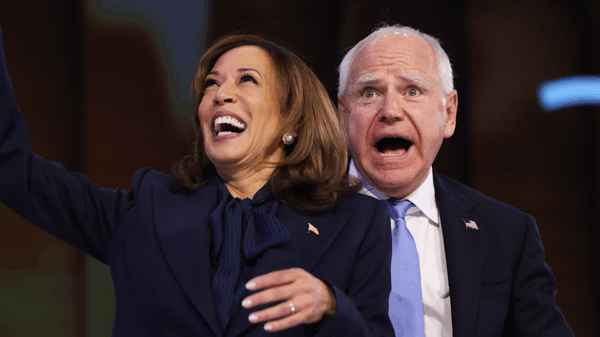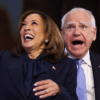By Rachael Levy
(Reuters) – An animal-welfare organization said it plans to ask a U.S. government agency on Thursday to investigate Elon Musk’s brain-implant company Neuralink over records it said show potentially illegal movement of hazardous pathogens.
The Physicians Committee of Responsible Medicine (PCRM) said in a letter to the U.S. Department of Transportation, which was shared with Reuters, that it has obtained emails and other documents that suggest unsafe packaging and movement of implants removed from the brains of monkeys. These implants may have carried infectious diseases in violation of federal law, PCRM said.
The letter said records that the group obtained showed instances of pathogens, such as antibiotic-resistant staphylococcus and herpes B virus, that may have been transported without proper containment measures.
PCRM’s letter adds to the scrutiny facing Neuralink, which is developing a brain implant it hopes will help paralyzed people walk again and cure other neurological ailments.
In December, Reuters reported that Neuralink has been under a federal investigation over potential animal welfare violations and that some of its staff made internal complaints about experiments being rushed, causing needless suffering and deaths.
The incidents that involved potential breaches of hazardous material transportation regulations happened in 2019, when Neuralink relied on University of California, Davis to help carry out its experiments on primates, according to the documents cited by PCRM.
While Neuralink’s partnership with UC Davis ended in 2020, PCRM said the company continues to employ the neurosurgeon who oversaw the experiments and other staff involved may also still be employed.
Reuters reviewed the UC Davis records cited by PCRM in its letter. It is unclear whether further records exist that provide a different or fuller account of what happened. PCRM obtained the records from UC Davis through public information requests. Neuralink messages and records not shared with UC Davis are not subject to such information requests.
Representatives for Neuralink, including Musk, and the Department of Transportation did not respond to comment requests. A UC Davis spokesperson would only say that the university abides by all biohazard and lab safety regulations.
PCRM’s letter said pathogens were carried on removed implants from monkeys after improper sanitization and packaging. The group said those pathogens could cause serious health issues in infected humans, such as bloodstream infections, pneumonia and severe brain damage, among other problems.
PCRM, which opposes the use of animals in medical research, did not identify any harm as a result of these incidents, but said Neuralink’s actions “may pose a serious and ongoing public health risk.”
“The company’s documented track record of sloppy, unsafe laboratory practices compel DOT to investigate and levy appropriate fines,” PCRM said in the letter.
PCRM said it also found instances that appear to describe UC Davis employees urging immediate biohazard training for Neuralink employees following incidents that had caused contamination concerns. On one occasion in April 2019, a UC Davis employee wrote in an email that the university’s primate center is “at risk” for “monkey contaminated hardware.”
“This is an exposure to anyone coming in contact with the contaminated explanted hardware and we are making a big deal about this because we are concerned for human safety,” wrote the employee, whose name was redacted from the records.
PCRM has raised concerns about Neuralink in the past. Last year, it wrote to federal officials about alleged animal-welfare issues during Neuralink’s research partnership with UC Davis, citing another set of records it obtained. A federal prosecutor in the Northern District of California referred PCRM’s complaint to the USDA Inspector General, which later launched the federal probe into Neuralink, Reuters previously reported.
During its partnership with UC Davis, Neuralink grew frustrated with what it regarded as the slow pace of testing on primates, current and former company employees told Reuters, and has since built out extensive in-house animal testing facilities. The company has missed deadlines set by Musk to proceed to human trials, however. His pressure on Neuralink’s staff to make progress contributed to mistakes plaguing some experiments, Reuters reported.
(Reporting by Rachael Levy in Washington, D.C.; Editing by Greg Roumeliotis and David Gregorio)

By: OAN
![]()

